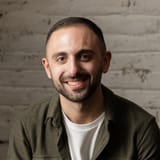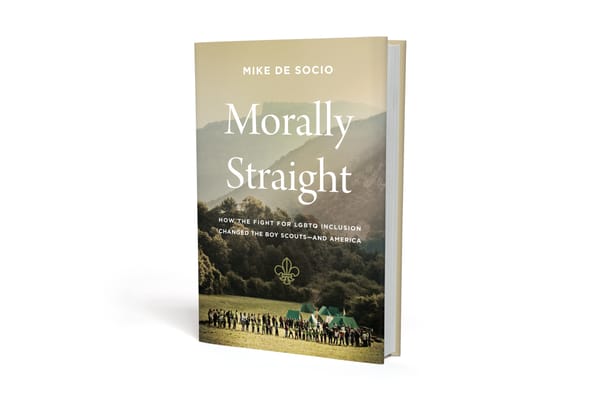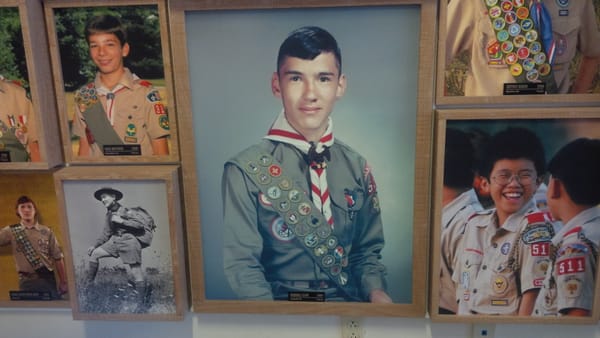The baby and the bathwater
“Scouting really acts like a family in my memory, in that it did me some harm, but it's disingenuous and incomplete really to say it was only harm. I got a lot of good out of it."
For a few weeks during the summer of 2019, Christopher McCracken was living on a friend’s couch during a gap between college housing and a new apartment.
On the last night they were living together, McCracken’s friend, who was leaving the next morning to work at a Boy Scout camp, had something he wanted to say.
McCracken, jokingly, asked, “What, you're gay?” Well, yeah, his friend admitted.
McCracken was floored. He apologized profusely, thanked his friend for sharing and said, although he was straight, he was fully supportive.
The next day for McCracken was rough. He was suddenly alone with this revelation, which forced him to confront his lingering attraction to this friend, and years of buried questions about his own sexuality.
“I was looking at the sum total of all of my feelings and thoughts about him, thoughts from before, and ideas about what my identity was, and the pieces really fall into the frame, and I realize that I’m queer,” McCracken said.
When he got home from work that day, he sat down in the same chair where he learned his friend was gay the night before, and he tried to give voice to his own identity.
"I couldn't make myself do it. I was alone in the home, no one was around. I physically could not say, 'I am bisexual,’” McCracken told me.
That set the stage for a summer of deep reflection. McCracken was working in an office at his university, and he had a lot of time to himself to just think.
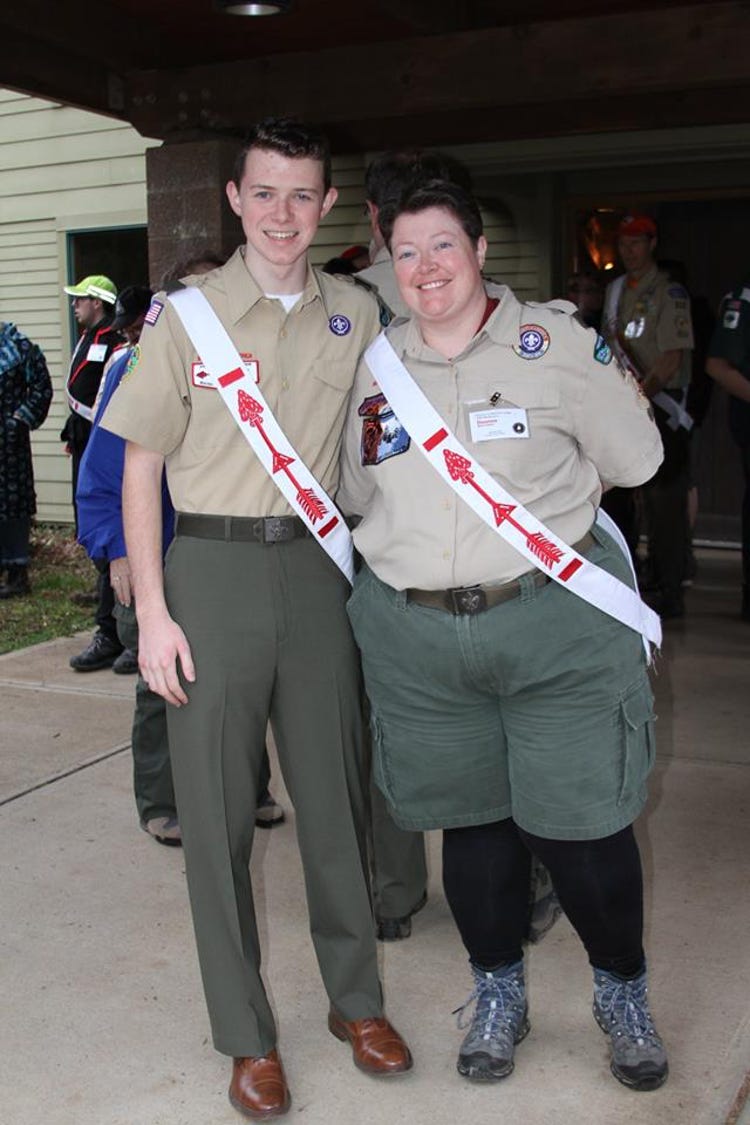
He started re-processing memories from his youth. McCracken grew up in Beaverton, Oregon, just outside Portland. He describes his experience as a "modern Norman Rockwell story.” In place of the stereotypical nuclear family, he had a single mother who was keen on McCracken joining the Boy Scouts so he would have strong male mentors in his life. Soon after he joined, he saw a crossover ceremony, where older Cub Scouts officially graduated into the Boy Scout program, and he was blown away by the pageantry of it all.
"It really got me very quickly,” McCracken. “I wanted to be on that stage."
And soon enough, he was. Through his deep involvement in the Order of the Arrow, Scouting’s national honor society, he became a standout member of the ceremonies team and started to make a name for himself in various leadership positions.
But as his involvement increased, his responsibilities mounted. He found himself commuting to Portland — sometimes an hour and a half round trip — multiple times per week for different Boy Scout meetings.
"My time is just consumed by Scouting,” he said of that period in his life. And he loved it. McCracken thrived as both a studious, organized leader and a bright, compelling stage presence.
By the time he was sitting in that chair, alone, struggling to even voice his bisexuality, he had risen to the role of section chief, one of the highest youth leadership positions in the organization. It was his second term, and he was a couple months away from the big annual event he had spent all year organizing.
As such, he would be giving the keynote address. He wanted to use that platform to explore a question that he was only just beginning to answer for himself: Who am I without Scouting?
"I was starting, really for the first time, to extricate my identity from the program,” McCracken said.
The night of the keynote, he arrived at the camp dining hall — the same place where he was first inducted into the program years ago — with little prepared except a slide deck comprised of five photos. The lead-up to the event had been so hectic, he hadn’t even rehearsed what he was going to say. So he just started talking.
He talked about his experience growing up in Scouting, called out the mentors who had meant the most to him — all standard fare for these types of speeches — but then he flipped the script.

McCracken clicked to the last photo, a view from the Pacific Crest Trail that he had captured on a hike, and said that he didn’t know what his future looked like. That he wasn’t (necessarily) going to stick with Scouting forever, as so many do.
"The point is not to be here endlessly, the point is to go out and do things,” he said.
McCracken was still closeted at this point, and his newfound queerness was on his mind throughout the entire keynote.
“All through this was this undertone of, Scouting has done a lot of harm to me, it really hindered me coming to my sexuality, but my emotions about it are complex. I'm not going to throw away everything it's given me just for that fault,” he remembers thinking.
He considered coming out right then and there, but he felt that he had already struck the perfect emotional chord, and he walked off stage.
“The applause was deafening. I don’t say that to put myself on a pedestal, I say that to say I was shocked by this,” McCracken said.
He couldn’t believe that this audience, almost all of whom were totally unaware of his covert sentiments and sexuality, were giving him a standing ovation.
“It was the most absurd moment of my life,” he said.
And it epitomizes the complicated relationship McCracken has with the Scouting program as a now-openly bisexual member. (He came out not long after the keynote on National Coming Out Day the same year).
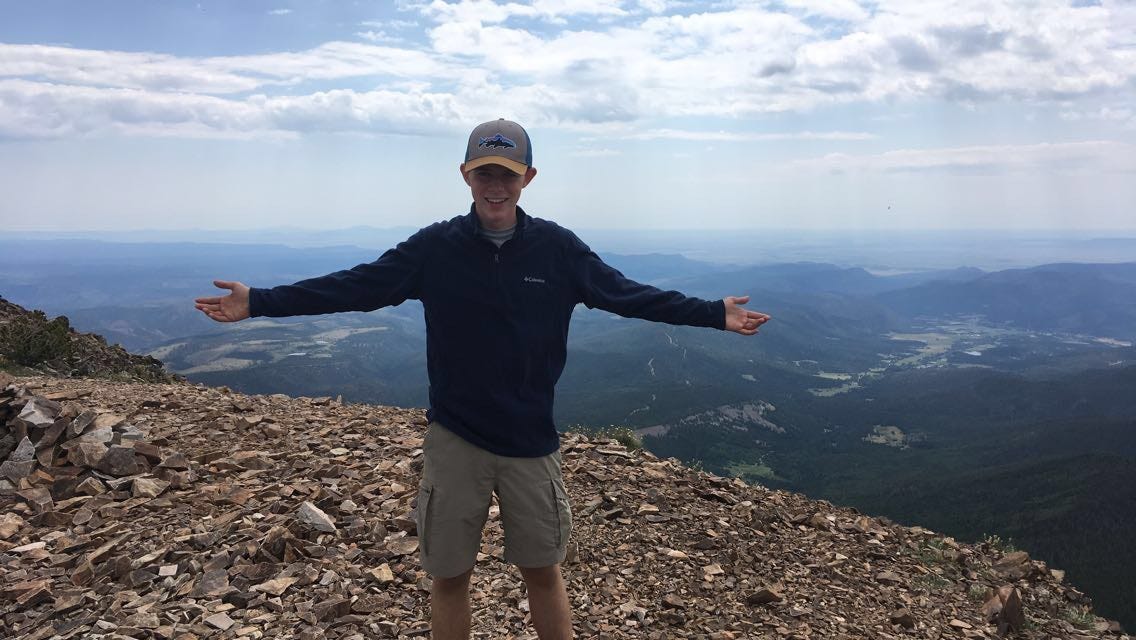
"I was raised in a program where that was not a question of policy. Culture, we'll get to. But policy was such that it was not a concern for me to be queer. The reason I didn't come out sooner was, I didn't come out to myself. I didn’t know I was in a closet,” McCracken said.
There were bisexual people in his community and school; he had queer friends. He even remembers feeling an “otherness” growing up that he could never put words to. But because virtually everyone McCracken knew within Scouting was a straight, cisgender man, he never put it all together.
"I didn't see bisexual people, and so I didn't realize, even logistically speaking, that that could be a label that would make sense for me,” he said. Put another way: “I was so reluctant to think about [those terms] applying to me, that it never even crossed my mind."
That’s the crux of McCracken’s predicament: Had he not been in Scouting, and spent his formative years in a more welcoming place, he may have accepted his sexuality much sooner, and avoided a lot of internalized biphobia.
But he also would have lost out on some of the most meaningful experiences of his youth: learning to lead groups of his peers; hiking through the Rocky Mountains during a trek at Philmont Scout Ranch; and acquiring many of the life skills that form the basis of his success as an adult.
McCracken is not willing to throw the baby out with the bathwater.
“Scouting really acts like a family in my memory, in that it did me some harm, but it's disingenuous and incomplete really to say it was only harm. I got a lot of good out of it,” he said.
That doesn’t mean, however, that he’s particularly optimistic about Scouting’s ability to become more welcoming to marginalized communities, fast enough.
“To be quite honest, I wouldn’t put money on Scouting surviving the next 30 or 40 years,” he said. He believes that outdoor adventures are an effective way to teach life skills to youth, but also that much of Scouting’s traditions and ethos represent a world that doesn’t exist anymore.
McCracken’s remaining involvement in the Boy Scouts is focused on improving the culture and representation for LGBTQ+ members. In his words, “the future is to help the people, not the program.”
But that’s particularly challenging for bisexual folks, McCracken said, because they represent the largest and yet most ostracized piece of the queer community. That usually stems from a type of erasure, where “bisexual people are sometimes assumed to be straight or gay based on the gender of the person they are currently dating.”
It can be a complex calculus for bisexual people to decide if, how and when to come out in any given space or conversation.
“I really want us, especially in Scouting, to find a way to talk about it.,” McCracken said. “A way to address that biphobia, and not make it feel icky or weird or sexual, just a way to authentically be."
